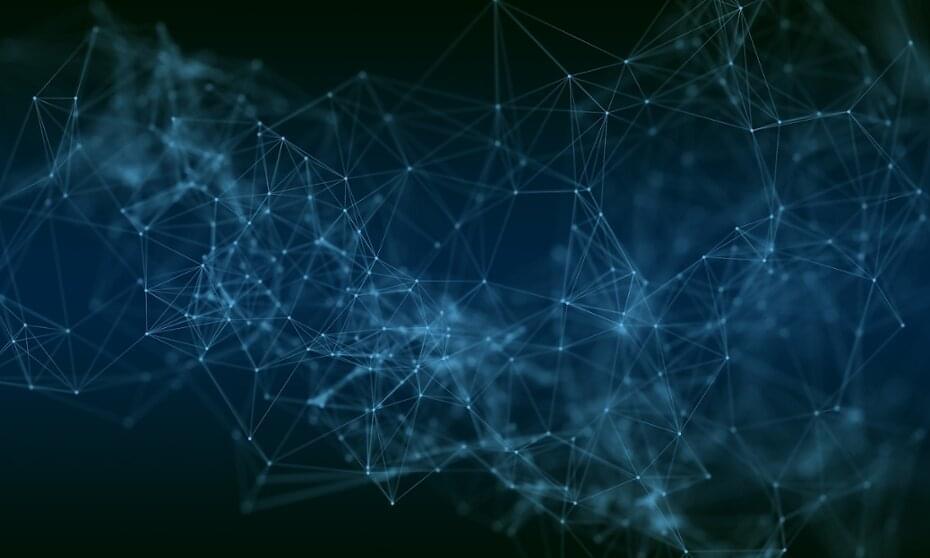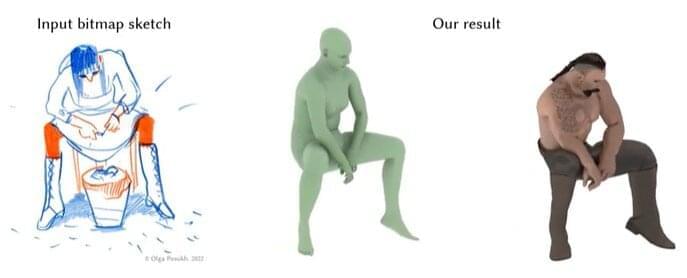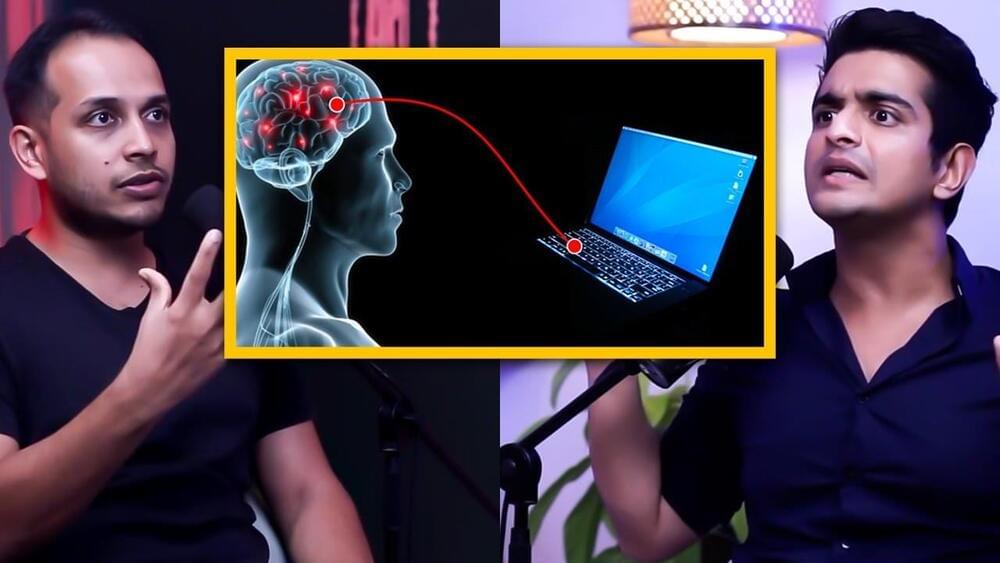
Smartphone ownership (85%) and home broadband subscriptions (77%) have increased among American adults since 2019 – from 81% and 73% respectively. Though modest, both increases are statistically significant and come at a time when a majority of Americans say the internet has been important to them personally. And 91% of adults report having at least one of these technologies.
A Pew Research Center survey of U.S. adults conducted from Jan. 25 to Feb. 8, 2021, also finds that some Americans have difficulties when trying to go online. Some 30% of adults say they often or sometimes experience problems connecting to the internet at home, including 9% who say such problems happen often. Still, a majority of Americans say these connection troubles occur rarely (41%) or never (21%).
While there has been slight growth in the share who say they subscribe to high-speed internet, about a quarter of the population still does not have a broadband internet connection at home. And broadband non-adopters continue to cite financial constraints as one of the most important reasons why they forgo these services. Among non-broadband users, 45% say a reason why they do not have broadband at home is that the monthly cost of a home broadband subscription is too expensive, while about four-in-ten (37%) say the same about the cost of a computer. Beyond cost barriers, a little fewer than half of non-users cite having other options for internet access or the fact that their smartphone does everything online they need as a reason why they do not have a high-speed internet connection at home.
















